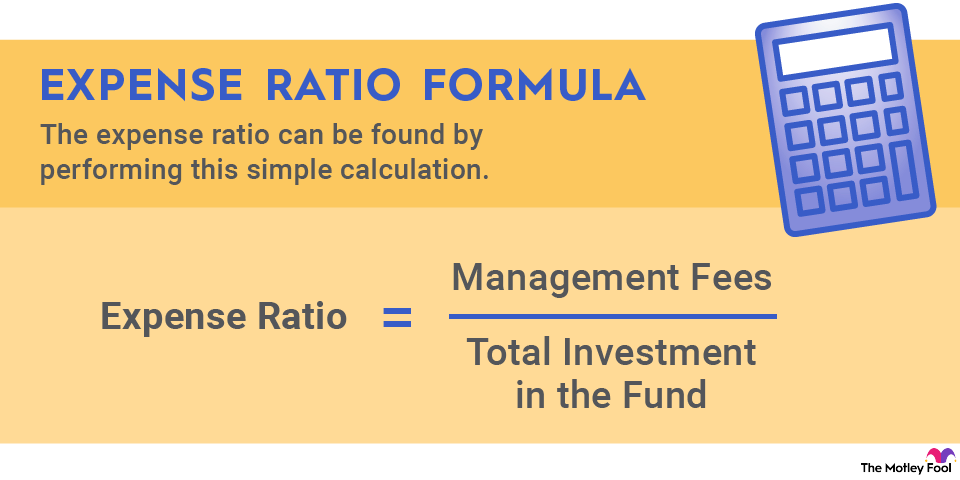Nonprofits are traditionally thought of as charities, but they’re often more than that. A nonprofit, as defined by the IRS, is simply a tax-exempt corporation that returns its net earnings to its mission rather than to any one individual or business.
Keep reading to learn more about nonprofit organizations -- their history, the types of nonprofits, the pros and cons of establishing a nonprofit organization, and some examples of corporations that you might not necessarily associate with the nonprofit world.

What is a nonprofit organization?
A nonprofit is a tax-exempt corporation that uses its net earnings to further the mission of the organization rather than to benefit any one individual or business. Since their net earnings aren’t distributed, nonprofits also are exempt from federal taxes.
The popular image of a nonprofit organization is a small, struggling charity focused on local issues. But the nonprofit world is as vast and diverse as the for-profit sector. The IRS recognized more than 1.3 million tax-exempt organizations in 2019, the latest year for which data are available.
Charities known as 501(c)(3) organizations are the most common type of IRS-recognized nonprofit. They’re exempt from taxes if they’re created exclusively for religious, charitable, scientific, testing for public safety, literary, educational, or other specified reasons, and if they meet certain other requirements.
While charities have existed in the United States since the Colonial era, modern nonprofits have been shaped by three major laws:
- The Wilson-Gorman Tariff Act of 1894, which required tax-exempt organizations to operate for charitable purposes
- The Revenue Act of 1950, which imposed taxes on business income unrelated to a charity’s core mission
- The Tax Reform Act of 1969, which placed limits on the tax-exempt activities of private foundations.
Types of nonprofit organizations
The IRS recognizes tax-exempt entities under Section 501(c) of the tax code. Although 501(c)(3) organizations, or charities, are the most common examples of nonprofit organizations, a trio of other types of nonprofits bear mention:
- 501(c)(4): Civic Leagues, Social Welfare Organizations, and Local Associations of Employees. These are some of the most influential nonprofits in the nation and include organizations ranging from the National Rifle Association to the American Civil Liberties Union (ACLU) and Sierra Club. Donations to 501(c)(4) groups are not tax-deductible. Many 501(c)(4) nonprofits are used as “dark money” outlets to provide campaign funds to political candidates and organizations.
- 501(c)(5): Labor, Agricultural, and Horticultural Organizations. These can include rodeos, garden clubs, and heavyweight labor unions, such as the International Brotherhood of Electrical Workers and the Communications Workers of America.
- 501(c)(6): Business Leagues, Chambers of Commerce, and Real Estate Boards. This section covers a broad cross-section of American life, including nonprofits such as the American Medical Association, Credit Union National Association, and U.S. Chamber of Commerce.
Other types of nonprofits recognized by the IRS include 501(c)(7) organizations that can include college fraternities and sororities, as well as country clubs; 501(c)(11) groups that cover teachers’ retirement funds; 501(c)(13) nonprofits that administer cemeteries; and 501(c)(14) organizations that include mutual insurance companies.
Pros and cons of nonprofit organizations
There are advantages and disadvantages to creating a nonprofit organized under Section 501(c). The advantages include:
- Tax exemptions. Nonprofits organized under Section 501(c)(3) don’t have to pay federal corporate income taxes, and they’re usually exempt from state and local taxes, as well. In addition, individual contributions to 501(c)(3) organizations are generally tax-deductible.
- Grant eligibility. Many foundations and government agencies limit their grants to nonprofit organizations.
- Formal structure. Nonprofits are legal entities that are separate from their founders and have a mission that goes beyond the personal interests of individuals who are associated with it.
- Liability. Creditors and courts can only obtain relief from the assets of a nonprofit organization; the organization’s founders, directors, members, employees, and associates are generally not liable for its debts.
Disadvantages of nonprofits include:
- Cost. Creating a nonprofit involves time and effort since the organization must be incorporated and apply to the IRS for tax-exempt status. To maintain its tax-exempt status, the organization must also keep detailed records and submit annual filings to state and federal tax authorities.
- Control. Personal control of a nonprofit organization is limited. Nonprofits are generally controlled by its own articles of incorporation and bylaws, and are usually controlled by a board of directors, rather than an individual.
- Public scrutiny. Since nonprofits are beneficiaries of the tax code, parts of its finances are required to be available for inspection by any member of the public. Records that are publicly available include the organization’s annual revenue, expenses, salaries, and top contractors.
Examples of nonprofit organizations
Although nonprofits like the American Red Cross might be the best-known examples of charities, a 2022 analysis by the Nonprofit News Feed found a variety of sources made up the top ranks of the nonprofit world when it came to producing revenue. It ranked the five largest nonprofits by revenue:
- Fidelity Investments Charitable Gift Fund, $10 billion. A donor-advised fund that distributed $11.8 billion to other charities in 2023.
- Partners Pooled Investment Holdings, $9.5 billion. An investing pooling entity that gave $508 million to healthcare giant Mass General Brigham Incorporated and Affiliates Group Return in 2023.
- Gates Foundation, $5.6 billion. Established by the founders of Microsoft (MSFT -0.16%), a broad-ranging charity focused primarily on improving global healthcare outcomes.
- Battelle Memorial Institute, $5.1 billion. A major U.S. contractor that operates seven U.S. Department of Energy national laboratories and manages the National Biodefense Analysis and Countermeasures Center for the U.S. Department of Homeland Security.
- The Global Fund, $4.1 billion. A financing institution designed to provide money to countries for the eradication of AIDS, tuberculosis, and malaria.



















